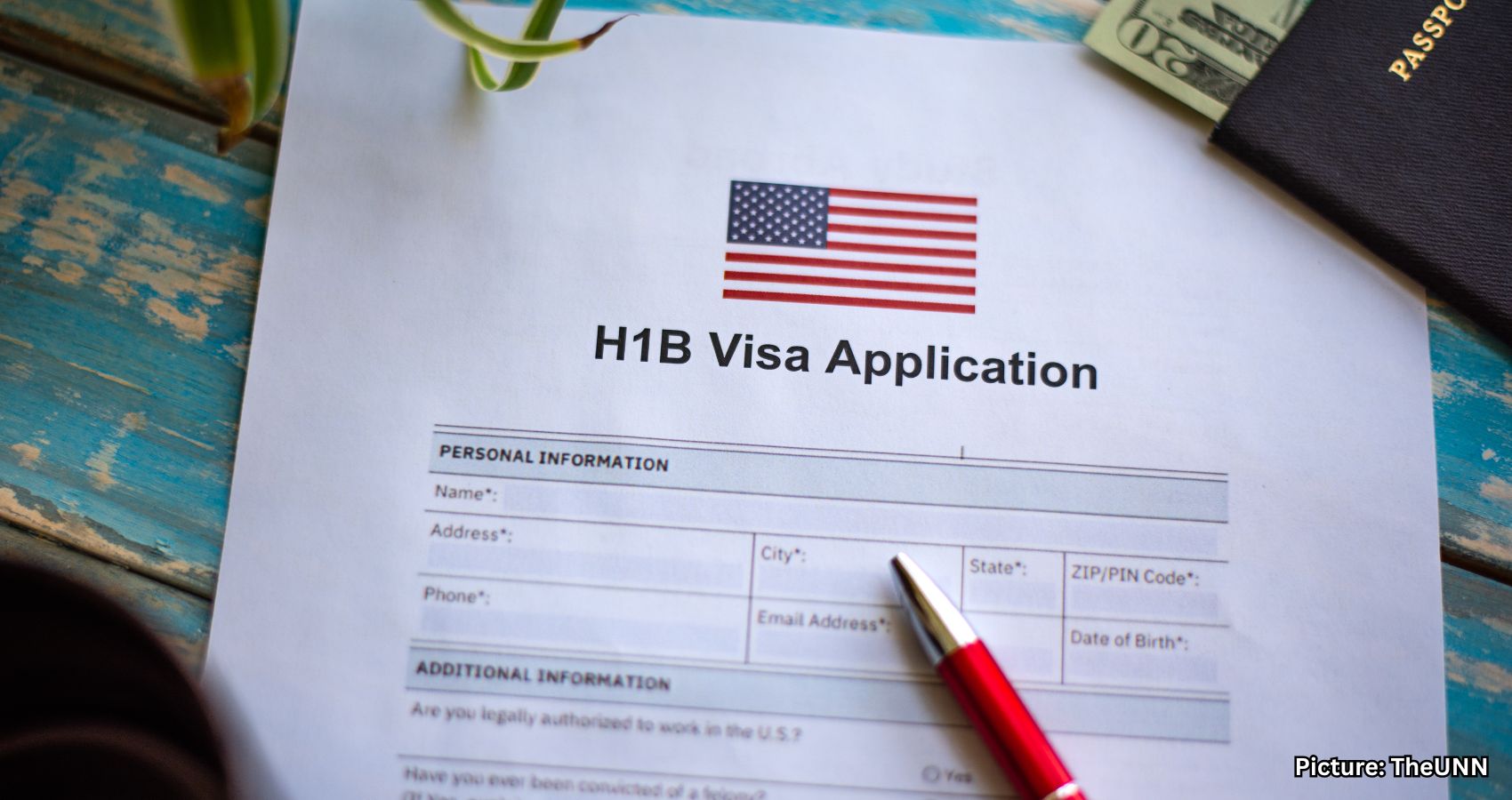“Pajeet,” a derogatory term targeting Indians, has gained popularity among far-right groups, reflecting rising hostility toward Indian immigrants and H-1B visa workers in the U.S.
The term “Pajeet” has emerged as a slur within far-right online communities, gaining traction amid the backlash against H-1B visa holders and increasing political animosity toward Indian immigrants in the United States. This trend has been particularly notable since September, following President Trump’s announcement of a significant $100,000 fee for new H-1B visa applicants.
Shortly after the fee announcement, a disturbing campaign surfaced on 4Chan, an anonymous imageboard known for its minimal moderation. Some users encouraged Americans to prevent Indian H-1B workers traveling abroad from returning to the U.S. before the fee deadline by launching a “Clog the Toilet” initiative, which involved flooding airlines with fake bookings. Throughout these discussions, far-right commenters frequently referred to Indians using the term “Pajeet,” a word that many were encountering for the first time.
Although the term originated in the United States, it has since spread to right-wing groups in Canada, the United Kingdom, and Australia. Harmeet Gugni, a resident of Toronto, found the term particularly unsettling during a visit with family earlier this year. She recalls her relatives advising her to remain calm if anyone used the slur in public. “I was disturbed,” she said. “A casual walk in Brampton suddenly felt like something I had to prepare for. Thankfully, nothing happened, but it stayed with me.”
The term “Pajeet” evokes painful memories for many South Asians, reminiscent of the slur “Paki,” which has been used in the UK against Indians, Pakistanis, and Bangladeshis. As political rhetoric targeting immigrants, especially Indian H-1B workers, intensifies, the use of “Pajeet” has surged across various online platforms, including Reddit, X (formerly Twitter), and Instagram.
Sangay Mishra, a professor at Drew University specializing in immigrant political incorporation and racial politics, notes that the slur has circulated in far-right circles in the U.S. for several years. “I’ve been hearing about it for a while,” he remarked. “It doesn’t make logical sense, but racial slurs rarely do. People have tried to trace its origins, but there’s no single definitive answer.”
According to Know Your Meme, a digital encyclopedia documenting internet culture, the term “Pajeet” first appeared on 4Chan’s international board around 2015. It describes the term as a fabricated Indian name used to mock Indian men, particularly those who are Hindu or Sikh. A female variant, “Pajeeta,” emerged later, with both terms spreading beyond 4Chan in the early 2020s. Variations such as “Pajeet Kumar” are also commonly used.
Some theories regarding the term’s origin delve into internet folklore. One suggestion links it to the Turkish meme “Mehmet My Son,” proposing that “Pajeet” evolved as a parody name meant to mock Indians through exaggerated stereotypes, including outdated images of open defecation. Another explanation highlights the suffix “–jeet,” which is common in Sikh names, while “Kumar” is widely used among Hindus, making the slur an indiscriminate catch-all for Indians, regardless of their community. As one internet theorist pointed out, “White racists coined the term without understanding cultural differences; they lumped Sikh and Hindu names together and used it against all Indians.”
The association with open defecation has further fueled the creation of memes. A notorious 4Chan thread from July 2015 mocked an Indian user defending the country against “India smells bad” jokes, claiming that people only defecate on “designated shitting streets.” This phrase became a viral shorthand that led to numerous compilations and racist parodies.
A quick search on Instagram today reveals a plethora of far-right accounts employing “Pajeet” alongside images of cow dung, toilets, and degrading caricatures of Indians. Variations such as “Smelly Pajeets” are also prevalent, appearing in AI-generated videos and memes. The overarching theme is dehumanizing, reducing Indians, particularly immigrants, to a single, monolithic stereotype.
What makes the term “Pajeet” particularly insidious is its broad application. Many Americans unfamiliar with South Asian cultures tend to conflate different religions, languages, and regions under this single slur. As political hostility toward immigrants escalates, especially against Indian tech workers, the term has migrated from fringe forums into more mainstream corners of the internet.
As the discourse surrounding immigration and cultural identity continues to evolve, the spread of terms like “Pajeet” serves as a stark reminder of the challenges faced by immigrant communities in the U.S. and beyond.
Source: Original article

